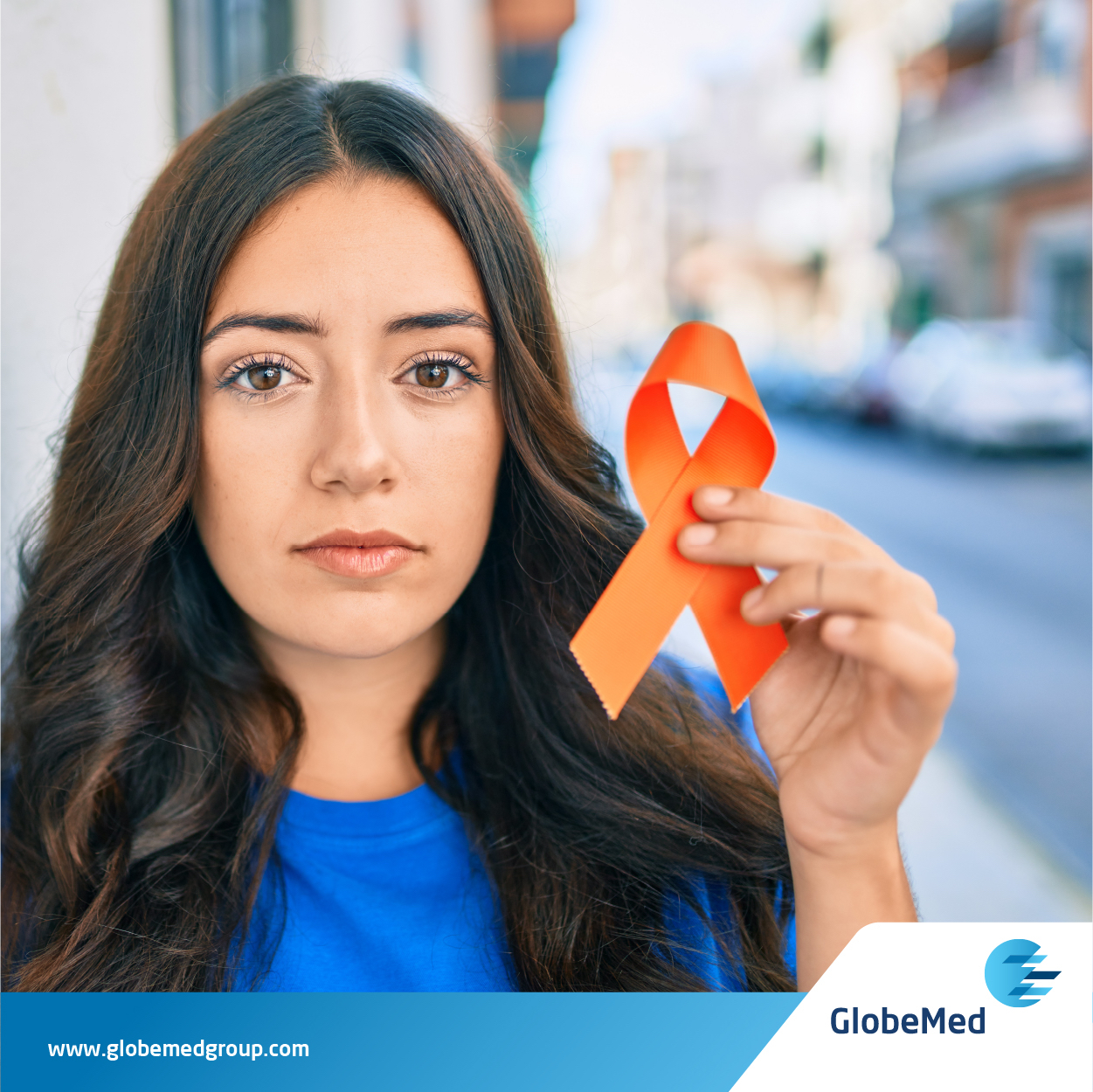732
Multiple Sclerosis (MS) is a potentially disabling neurological disease of the brain and spinal cord. It generally affects young adults between the ages 20 to 40 and more commonly affects women. The cause of MS is unknown. The disease can cause permanent damage or deterioration of the nerves.
Symptoms of MS include:
- Muscle weakness (often in the hands and legs)
- Tingling, numbness and burning sensations
- Coordination and balance problems
- Fatigue
- Vision problems
- Problems with bladder control
- Trouble thinking clearly
Below are some self-caring tips for people living with MS:
- Avoid overheating as people suffering from MS are sensitive to heat. For instance, take cool baths, stay hydrated, use cooling pads for your mattress, etc.
- Pace yourself during the day to avoid fatigue. For instance, work or shower while sitting whenever you can, etc. However, you can enjoy some light physical activity such as gardening as exercise enhances strength and balance.
- Protect yourself particularly from the risk of falling. For instance, wear comfortable shoes, use a non-skid bath mat, avoid clutter at home, etc.
- Enjoy a healthy diet. Eat a variety of fruits, vegetables, along with lean proteins and whole-grain options, such as oats or whole-wheat bread —along with sources of healthy fats, such as nuts, avocados, or extra virgin olive oil.
- Reach out to your family and friends for help when you need it, and seek guidance from your doctor.
Currently, there is no cure for MS but consult your doctor for available treatment options.
References:
- https://www.nccih.nih.gov/health/multiple sclerosis?msclkid=9329182ccb7b11ec8aacf96bc81aba70
- https://www.ninds.nih.gov/health-information/disorders/multiple-sclerosis?msclkid=93283d37cb7b11ec93e06090814c1d07
- https://www.mayoclinic.org/diseases-conditions/multiple-sclerosis/symptoms-causes/syc-20350269?msclkid=9689d225cb7d11ec92879ea77ae563a6
- https://www.healthline.com/health/multiple-sclerosis/daily-tips-managing-ms?msclkid=6413c3d5cb7b11ecab78814433309c72

